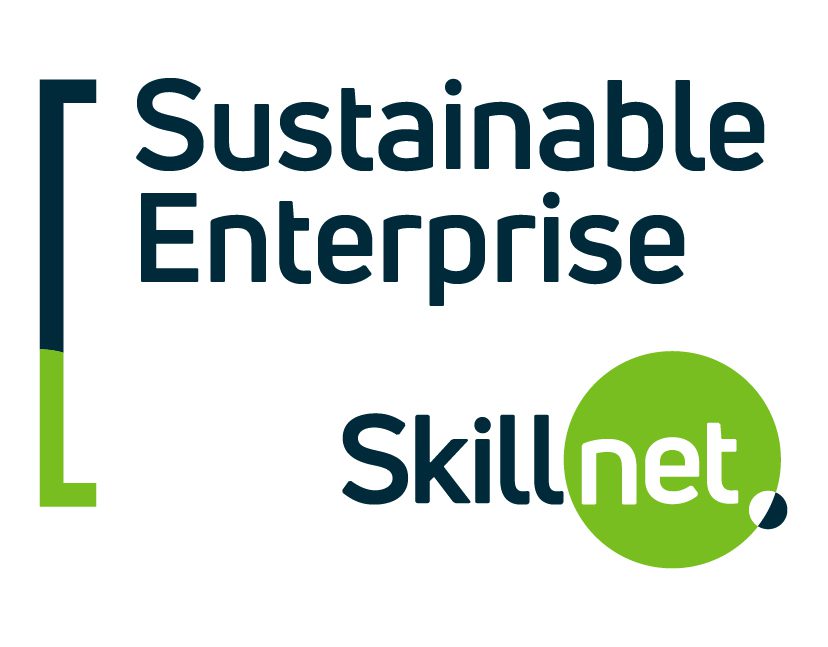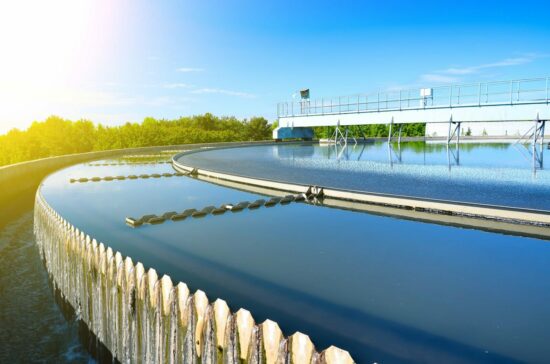The Government Climate Action plan outlines a roadmap for Ireland to halve its emissions by 2030 and achieve net zero by 2050. The plan sets out legally binding emissions reduction targets that require all sectors to play a part in mitigating their impacts on the climate. Businesses play a critical role in this and there is a growing realisation of the very real and urgent need for them to change to more sustainable activities and reduce their emissions. This is why the Government has identified the need to upskill the workforce to support the development of green skills and talent to ensure that people are equipped with the knowledge and skills to drive future change.
It’s important for businesses seeking to transition their operations, as skills shortages can be a barrier to change. According to a Skillnet Ireland [1] report, 75% of businesses claimed that they were struggling to turn ambition into action. Developing new skills to support their transition was identified as a major challenge by 91% of these companies. Additionally, the majority of businesses surveyed for a UCC Sustainable Futures and Microsoft[2] study, indicated that they were either yet to develop the skills required to transition their operations, or felt their competencies in this area were at a basic level.
Undoubtedly, training and development is important to ensure all employees have the skills and competencies to adapt to new ways of working but it is important that these programmes deliver results, or in this case actions that help businesses reduce their impact. In a study of 230 Action Plans completed by graduates of 20FIFTY Partners sustainability programmes in collaboration with Skillnet Ireland and stakeholders such as BIM, HSE, Uisce Eireann and others, the findings show that in excess of 1,700 actions were committed in 2022 across the areas of water stewardship, energy conservation, waste and circularity, transport and broader sustainability. An analysis of the actions shows the focus mostly on delivering operational impact. The elimination of waste and reduction in water and energy usage were key priorities.
The nature of the actions also indicate the level of complexity involved;
- 37% of identified actions were quick-wins known as ‘Just Do It’ actions;
- 31% were medium-term projects requiring a more detailed analysis such as brainstorming of solutions and an implementation plan to resolve;
- 13% were longer-term requiring a team to come together to solve a complex task over the course of a short to medium period;
- Larger companies in excess of 250 employees prioritised training and green procurement along with actions related to energy, waste and water while smaller companies with less than 50 employees were mostly focused on energy and water reduction activities and less on waste.
Tellingly, 73% of actions committed to last year were targeted to be completed by the end of 2023. This demonstrates that companies are taking action, with the focus is on shorter-term adaptations and less on longer-term transformation. The transition to green involves shifting customer and employee expectations. Quick wins and early results can help bring people with you and accelerate the journey.



